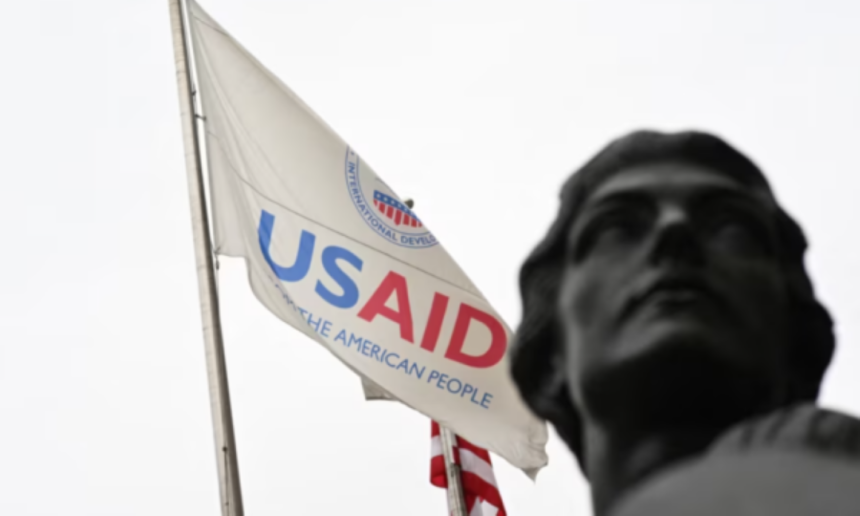The suspension of USAID programs by the Trump administration has raised concerns about whether China will attempt to fill the void left by the U.S. aid agency. While Beijing has long criticized USAID, analysts suggest that China’s economic challenges may limit its ability to expand its global influence through aid and investment, reports VOA.
USAID’s Policy Shift
U.S. Secretary of State Marco Rubio, now acting as USAID administrator, stated that only programs aligning with the new government’s policies will be reinstated. “This is about ensuring that taxpayer dollars serve U.S. national interests,” he said during a visit to El Salvador.
USAID had an annual budget of over $40 billion, funding projects worldwide, including some linked to China. A recent White House report alleged financial mismanagement, citing millions in funding directed toward ‘EcoHealth Alliance,’ an organization accused of collaborating with China’s Wuhan Institute of Virology. Both EcoHealth and the Chinese government have denied these claims.
USAID’s Role in Countering China’s Influence
In recent years, USAID adjusted its funding strategy to counter China’s expanding global presence. The agency previously highlighted its “Counter China Influence Fund” as a key achievement aimed at strengthening U.S. allies against Beijing’s pressure.
Former USAID Assistant Administrator Michael Schiffer testified before Congress in 2023 that USAID had financed research on China’s foreign investments for over a decade. One such project, ‘Mekong Dams Monitor,’ funded by USAID and the State Department, now faces operational difficulties due to funding cuts. The project monitored the impact of Chinese-built dams on Southeast Asian communities and was criticized by Chinese state media as an anti-China initiative.
China’s Response and Potential Expansion
Beijing has long viewed USAID as an extension of U.S. geopolitical interests. A Chinese Foreign Ministry report accused USAID of corruption and advancing Washington’s agenda. The agency’s suspension has been welcomed in China, where online discourse reflects strong anti-U.S. sentiment. Billionaire Elon Musk also criticized USAID, calling it a “criminal organization” that should be dismantled.
However, experts argue that China may struggle to capitalize on the situation. Professor Steven Balla of George Washington University noted that China’s economic downturn, high youth unemployment, and real estate crisis could hinder its ability to expand foreign aid aggressively.
Concerns Over Aid Gaps
Some analysts worry that even if China steps in, its aid approach differs significantly from USAID’s. Unlike U.S. assistance, which often prioritizes governance and social programs, China’s aid is largely conditional, focusing on infrastructure and economic returns. A former environmental lawyer from China, now in the U.S., warned that sectors such as women’s rights and natural resource management could suffer under a China-led aid model.
A 2021 report revealed that between 2013 and 2018, China spent $376 billion on foreign aid, with 45% directed toward Africa. However, this funding mainly supported agriculture, healthcare, food supply, and environmental issues rather than governance improvements.
While the full impact of USAID’s suspension remains unclear, experts suggest that China’s potential expansion in the aid sector could lead to significant shifts in global development priorities. The long-term effects on recipient nations, particularly in Africa and Southeast Asia, may take years to become fully apparent.







